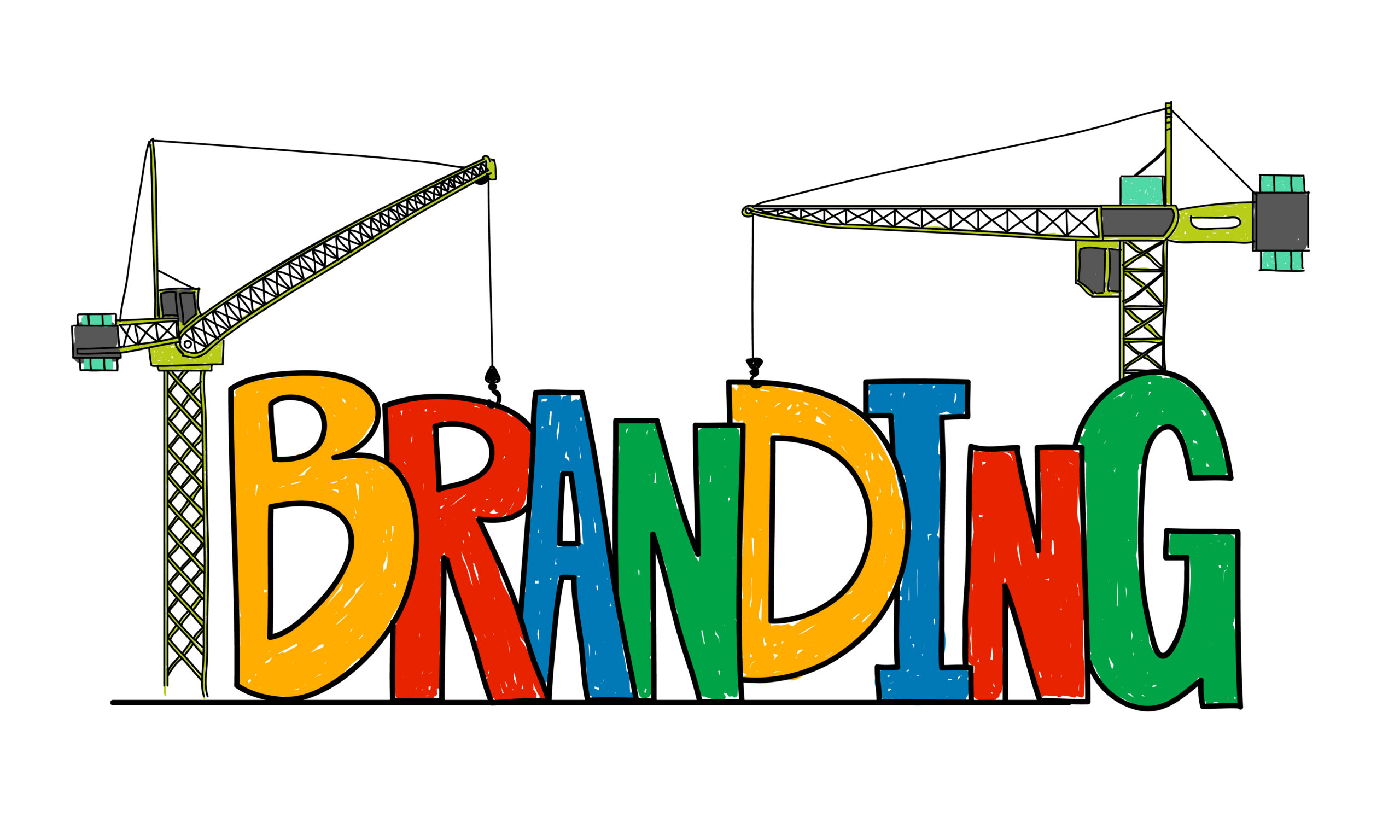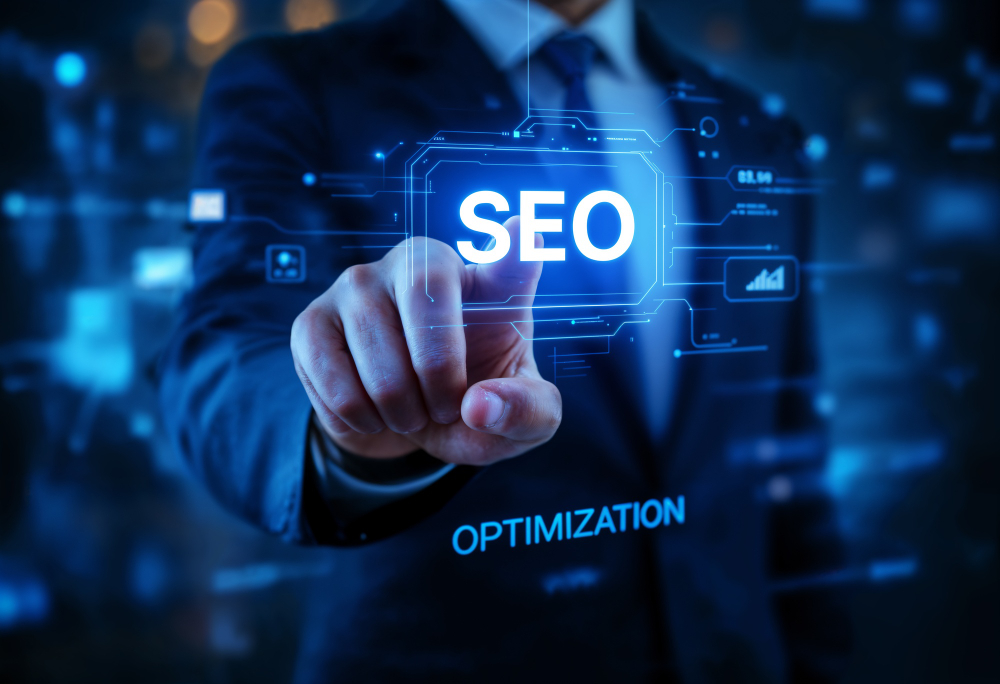In today’s digital-first world, a company’s success is deeply tied to how it is perceived online. Consumers no longer make purchasing decisions based solely on product features or price; they weigh heavily on trust, credibility, and transparency. Business reputation plays a pivotal role in shaping this perception, and organizations that fail to prioritize it risk losing both loyal customers and potential leads. Establishing trust online requires more than traditional marketing; it calls for deliberate strategies that blend authenticity with proactive brand management.
This blog will explore proven strategies for building brand trust online by focusing on key aspects such as transparency, customer engagement, reputation monitoring, and ethical practices. From the importance of online reviews to leveraging social media for credibility, we’ll provide actionable insights you can implement today. By the end, you’ll also understand why partnering with a trusted partner like Aiplex ORM ensures your brand reputation remains strong in an increasingly competitive market.
Things to Know Before Building Brand Trust Online
Before diving into specific strategies, it’s essential to understand that online trust is not built overnight. It is a process requiring consistent effort, monitoring, and alignment between what your business promises and what it delivers. Consumers expect brands to be authentic, ethical, and responsive, making it critical to lay the groundwork before launching any trust-building initiatives.
Below, we’ll break down the fundamental elements that every business should know before working on building trust online. These include understanding consumer psychology, importance of transparency, role of online reviews, consistent branding, and effective communication.
Understanding Consumer Psychology in Business Reputation
Consumer psychology dictates how people perceive and interact with brands. Today’s customers are more empowered than ever, conducting research, reading reviews, and engaging in conversations before making purchasing decisions. They want to feel a sense of connection and reliability with the businesses they choose. This makes emotional resonance an integral part of shaping business reputation.
By tapping into consumer psychology, businesses can anticipate customer needs, provide value-driven experiences, and position themselves as trustworthy entities. Building brand trust online requires listening to your audience, acknowledging their pain points, and demonstrating empathy at every touchpoint.
Importance of Transparency in Online Branding
Transparency is one of the strongest pillars of business reputation. In a digital space where misinformation spreads rapidly, brands that openly communicate about their processes, values, and shortcomings stand out as authentic. Customers appreciate businesses that admit mistakes, explain corrective actions, and provide honest information.
Incorporating transparency into brand messaging also builds credibility. For instance, publishing sustainability practices, openly addressing customer complaints, or disclosing product sourcing instills confidence. Transparency signals that a business values integrity over short-term gains, leading to stronger trust and long-term customer loyalty.
Role of Online Reviews in Building Business Reputation
Online reviews are a powerful driver of brand trust. Studies show that customers are more likely to trust a business with positive reviews, even more than one with a polished marketing campaign. Positive reviews act as social proof, while negative ones highlight areas of improvement. Both play a critical role in shaping perceptions of business reputation.
Engaging with reviews—whether by thanking customers for positive feedback or addressing concerns in negative ones—demonstrates accountability. Businesses that leverage online reputation management tools, like those provided by Aiplex ORM, can stay on top of reviews, analyze sentiment, and turn feedback into opportunities for growth.
Consistent Branding Across Platforms
Consistency in messaging, visuals, and tone across platforms reinforces credibility. Inconsistent branding can create confusion and signal unreliability, undermining trust. Customers need to recognize and connect with your brand instantly, whether they encounter it on a website, social media post, or digital ad.
Consistency also builds familiarity, which is a core element of consumer trust. By delivering a cohesive brand experience, businesses communicate professionalism, reliability, and authenticity. This makes consistent branding not just a marketing necessity, but a vital contributor to overall business reputation.
Effective Communication and Engagement
Clear, authentic, and timely communication is at the heart of brand trust. Customers want to feel heard, valued, and respected when engaging with a business. Proactive communication, such as addressing frequently asked questions, responding to customer inquiries quickly, and providing transparent updates, demonstrates accountability.
Engagement through digital channels—social media, newsletters, or blogs—also plays a vital role. By creating a two-way dialogue, businesses foster stronger relationships, allowing them to strengthen business reputation and develop brand advocates who trust and support them over time.
Proven Strategies to Build Brand Trust Online
Strategy 1: Showcase Authentic Content
- Creating authentic content is one of the most effective ways to build brand trust online. Audiences are drawn to genuine stories, behind-the-scenes looks, and user-generated content. Instead of focusing solely on polished campaigns, share real customer stories, highlight team members, or showcase the values that drive your organization.
- Authenticity makes your brand relatable and humanizes your business. For instance, featuring employees on social platforms or sharing customer testimonials helps bridge the gap between corporations and consumers. When people feel a personal connection, they are more likely to trust and support your brand.
Strategy 2: Invest in Online Reputation Management
- Managing your online reputation is essential in today’s digital economy. With information spreading rapidly across search engines and social media, businesses must actively monitor mentions, reviews, and brand sentiment. Ignoring this can quickly damage business reputation and erode customer trust.
- Tools and services like those offered by Aiplex ORM help businesses track online mentions, suppress harmful content, and highlight positive stories. Investing in reputation management ensures that your brand narrative remains consistent, credible, and aligned with your business goals.
Strategy 3: Prioritize Customer Experience
- Exceptional customer experience is the foundation of trust. Customers are more likely to remain loyal when they feel valued and supported. This includes intuitive website navigation, fast response times, personalized services, and seamless after-sales support. A positive experience reinforces reliability and positions your business as customer-centric.
- Companies that prioritize customer experience also benefit from increased word-of-mouth referrals and repeat purchases. By focusing on delivering value at every interaction, businesses build stronger relationships, which directly enhances their business reputation in the digital marketplace.
Strategy 4: Leverage Social Proof and Influencer Marketing
- Social proof, such as testimonials, case studies, and endorsements, strengthens credibility. Customers are more likely to trust a brand that others vouch for. Collaborating with industry influencers or micro-influencers can amplify this trust by lending authenticity to your brand message.
- When influencers align with your brand values, their endorsements serve as powerful trust-builders. Combined with customer reviews and case studies, influencer partnerships create a compelling narrative that reinforces your business reputation and builds brand trust online.
Strategy 5: Embrace Ethical Practices and Corporate Responsibility
- Consumers increasingly prefer brands that prioritize ethics, sustainability, and corporate social responsibility. Businesses that demonstrate a commitment to doing good—whether through eco-friendly initiatives, fair labor practices, or charitable contributions—build stronger emotional connections with their audiences.
- Ethical practices communicate that a brand is not just profit-driven but values-driven. By aligning with customer expectations for responsibility, businesses enhance their reputation and foster long-term trust, turning consumers into advocates who believe in the brand’s mission.
Strategy 6: Protect Brand Identity from Digital Threats
- The rise of digital threats such as fake news, impersonation, and misinformation makes it critical to protect your brand identity online. Failure to safeguard against these risks can undermine trust and damage business reputation significantly. Proactive digital brand protection is no longer optional.
- With Aiplex ORM’s expertise in monitoring and taking down harmful content, businesses can protect themselves from reputation-damaging threats. By ensuring that only accurate and credible information circulates online, brands can maintain consumer trust and credibility in a crowded digital landscape.
Why Choose Aiplex ORM for Business Reputation Management
Managing business reputation in today’s fast-paced digital environment requires more than in-house efforts. A trusted partner like Aiplex ORM provides specialized expertise, advanced tools, and proactive strategies to protect and build your brand reputation. From monitoring reviews and social media mentions to removing harmful content and boosting positive visibility, Aiplex ORM ensures your brand maintains trust and credibility at all times.
Choosing Aiplex ORM means gaining a partner dedicated to safeguarding your business from online risks while helping you build authentic connections with your audience. Their solutions not only defend your reputation but also empower your business to thrive in a competitive digital marketplace.
Conclusion
Building brand trust online is not a one-time effort—it’s an ongoing commitment to transparency, customer engagement, ethical practices, and proactive reputation management. By implementing strategies such as showcasing authentic content, prioritizing customer experience, and protecting your brand identity from digital threats, businesses can establish credibility and long-lasting trust.
In an age where business reputation is the ultimate differentiator, partnering with experts like Aiplex ORM ensures your brand remains resilient and respected. Trust is the currency of the digital era, and the brands that invest in building and safeguarding it will stand out as leaders in their industries.








